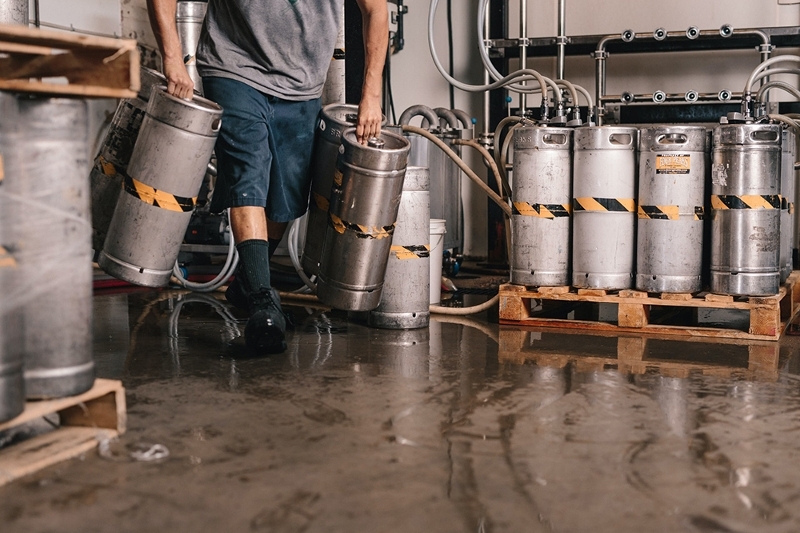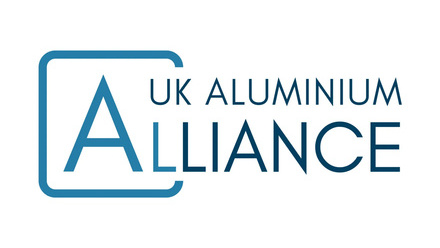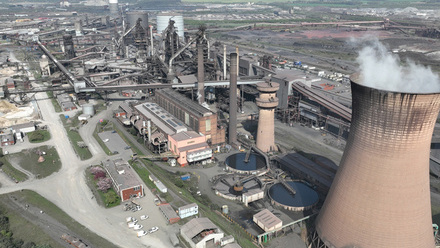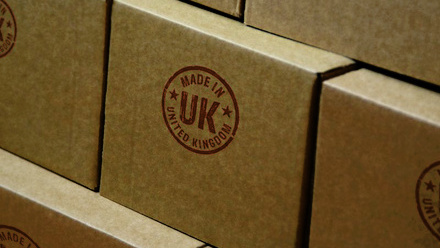IOM3 WTS Winter Seminar – Brexit Perspectives on Timber
The latest in the IOM3 Wood Technology Society seasonal webinar series, the session on Brexit Perspectives on Timber, held 10 December 2020, was moderated by the WTS Vice Chair, Morwenna Spear, and the two speakers delivered thought provoking and informative presentations.

With only 21 days to go until the end of the transition agreement period, Nick Boulton of the Timber Trade Federation delivered the current view for the timber trade, looking at the impacts of border controls (duties, tariffs, plant health) and the effect of leaving the single market (CPR and EUTR).
With 90% of UK timber requirements coming from the EU, Nick highlighted key areas affecting the timber trade, especially the importance of customers ensuring compliance with rules and procedures. The move to UKTR (which mirrors the EUTR) places the responsibility of due diligence on different operators within the supply chain.
John Dye from TIMCON and Scott Pallets, emphasised that 85% of the world’s trade was utilising wooden pallets and packaging. The UK manufactures and repairs over 90 miln pallets a year and accounts for 10% of UK softwood timber usage.
After 1st January, all timber pallets, packaging and dunnage materials will require heat treatment (under ISPM 15) to cross the UK-EU border. Therefore the after effects of Brexit will have an influence of the lives of us all. The pallet industry in the UK has been ramping up capacity for heat treatment, but timing remains a key issue in ensuring sufficient ISPM 15 pallets are available in circulation for the many users who rely on them for international trade. An estimated 1.5 to 2 mln ISPM 15 compliant pallets are needed in 2021.
Good progress was being made by this business sector to ensure supply, and a close working relationship has developed with FEFPEB who represent pallet manufacturers in the EU. There is good compatibility with Brussels, as many international suppliers already work within the EU legislation, but UK operators are newly aware of the need to comply with the regulations, resulting from the new border.
Both speakers emphasised the importance of industry and customers being properly and fully informed.







